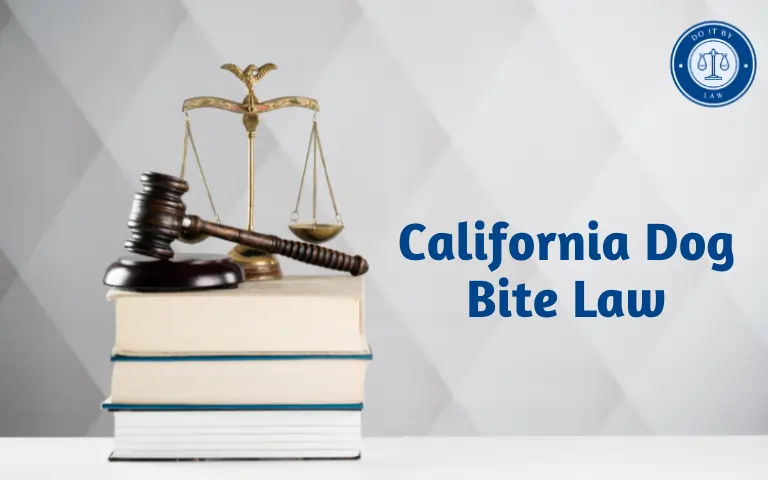California Independent Contractor Law: What You Need to Know
California State has complex regulations governing when workers can be classified as independent contractors versus employees. Key laws include AB5, AB2257, and AB5 exemptions. Understanding the ABC test, job categories exempt from AB5, and other rules is crucial for companies and workers to follow the California Independent Contractor Law and avoid penalties.
When Were These Laws Enacted and Why?
Independent contractor classification affects unemployment insurance, workers’ compensation, wage rules, and other critical worker protections. For years, some California businesses allegedly misclassified employees as independent contractors to avoid paying costs like minimum wage, overtime, mileage reimbursement, meal breaks, discrimination protection, and more.
In 2018, the California Supreme Court adopted a stricter “ABC test” for determining contractor status in the Dynamex case. The state then passed Assembly Bill 5 in 2019 codifying this test to crack down on misclassification and mistreatment. AB5 aimed to ensure workers get fair pay, benefits, and legal protections by making more fall under employee status.
Who Do California Independent Contractor Law Apply To?
The ABC test generally applies to all workers and hiring entities in California. However numerous exemptions exclude certain occupations from AB5’s stricter standards based on political lobbying. Fields like doctors, lawyers, real estate agents, hair stylists, commercial fishermen, and direct salespeople retained more ability to be legally treated as contractors. Still, exempted groups must avoid misclassification based on precedents like the Borello test.
Key Provisions of the ABC Test and Related Laws
To classify a worker as a contractor, hiring entities must prove:
- The worker is free from company control or direction.
- The worker performs tasks outside the company’s main business.
- The worker has an independent business doing that type of work.
Failing any of these indicates employee status. Later laws like AB2257 created additional exemption categories subject to older Borello classification rules. Key factors there include who sets work hours, who provides tools, payment method, project length, special skills required, and right to terminate.
Penalties for Misclassification
Consequences include:
- Private lawsuits for benefit denial, missed wages, and damages.
- State labor agency citations up to $100,000.
- Tax fines for payroll errors.
- Loss of unemployment insurance rate discounts.
- Suspension of business licenses.
- Criminal charges for willful violations.
California Independent Contractor Law Recent and Proposed Changes
AB5 faces ongoing legal challenges and industry lobbying to expand its exempted categories. Proposed bills would exempt more sectors like freelance journalism, music performance, specialized translators, and app-based rideshare and delivery workers. But broader efforts to repeal AB5 have failed under Democratic control. Changes to federal laws could also impact California’s approach.
California Independent Contractor Law Controversies and Debates
AB5 has sparked heated debate including:
- Worker advocates back AB5 but say broader reforms are still needed to strengthen gig economy protections.
- Critics say AB5 eliminated vital flexible contractor opportunities for many struggling Californians.
- Exempted groups argue inclusions are arbitrary and compromise their professional independence.
- Companies decry compliance challenges, costs, lawsuits, and loss of labor options.
Conclusion
California’s complex independent contractor laws aim to balance worker protections, industry needs, and economic impacts. Achieving the right equilibrium across diverse occupations remains politically contentious. But complying with current ABC test and exemption parameters is essential for companies and workers to avoid steep penalties while reforms continue evolving.







